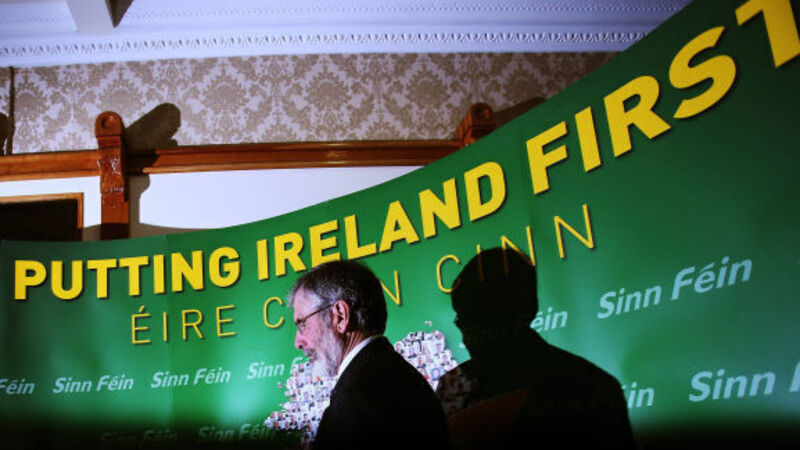Adams’ arrest a grim reminder of how fragile the peace process truly is

Isn’t it amazing how elections in Ireland take a particular course. They usually have a pretty dull first week or so, with opinion polls and media commentary replacing any real action. The majority of people, I guess, don’t have a vested interest in the result — they’re free to enjoy the spectacle as it unfolds.
I used to be utterly engrossed in elections — physically and emotionally. Back in the days when I worked full-time in politics, the start of an election campaign would normally mean saying goodbye to my family for three weeks and plunging myself into 20-hour days, living on cigarettes and chips for the duration. It would also mean a knot in my stomach every time I heard that an opinion poll was imminent, a knot that wouldn’t disappear until, by hook or by crook, I got to know the figures.















